1. Why is it important for Iran and Uzbekistan to strengthen their cultural ties?
Both nations
have rich histories and shared cultural influences, making it beneficial to preserve and exchange traditions.
2. How can collaborations in art and music create a stronger bond between Iran and Uzbekistan?
By showcasing the unique talents and creativity of both countries, they can foster mutual appreciation and understanding.
3. What economic benefits can come from increased trade and investment between Iran and Uzbekistan?
Both nations have
diverse resources and industries that can complement each other, leading to mutual economic growth.
4. In what ways can political cooperation between Iran and Uzbekistan promote stability in the region?
By working together on regional security issues and diplomatic efforts, they can help maintain peace and order in the area.
5. How can social exchanges between Iran and Uzbekistan strengthen people-to-people ties?
Through cultural exchanges, educational programs,
and tourism, the citizens of both nations can develop personal connections and friendships.
6. What advancements in scientific research and technology can be achieved through joint efforts between Iran and Uzbekistan?
By pooling resources and expertise, they can make significant progress in areas such as healthcare, agriculture, and environmental sustainability.
7. How can recognizing and celebrating shared ethnic backgrounds enhance the relationship between Iran and Uzbekistan?
Acknowledging common cultural roots can foster a sense of solidarity and unity among the people of both nations.
8. Why is it important to respect and promote religious tolerance in the relationship between Iran and Uzbekistan?
Both countries have diverse religious communities, and fostering mutual respect
can help prevent conflicts and promote harmony.
9. What obligations should Iran and Uzbekistan fulfill to strengthen their relations in art and culture?
They should support cultural institutions, artists, and heritage preservation efforts to promote mutual understanding and appreciation.
10. What frameworks can be established to facilitate economic partnerships between Iran and Uzbekistan?
Bilateral trade agreements, investment incentives, and business networking platforms can help promote economic
cooperation between the two nations.
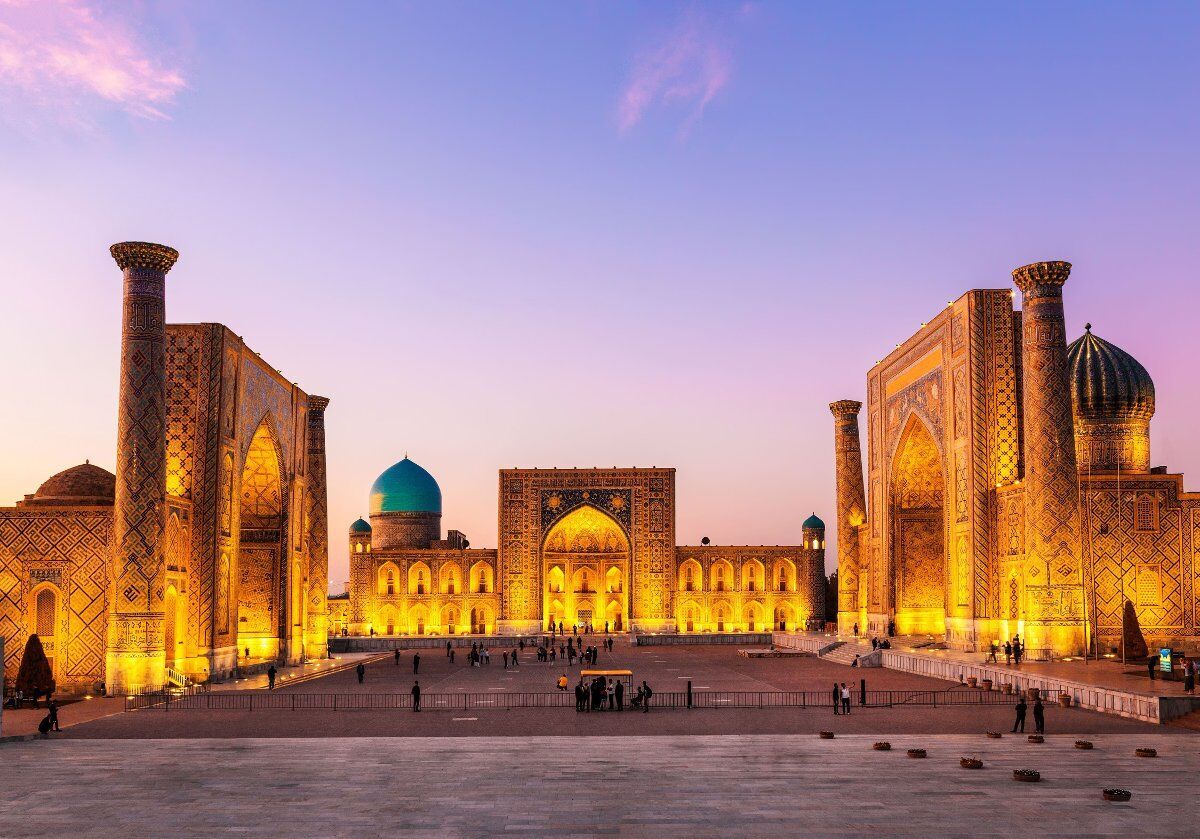
mutual respect in their interactions to build trust and promote peaceful resolutions
11. What requirements must Iran and Uzbekistan meet to enhance political cooperation and regional stability?
They should prioritize dialogue, transparency, and mutual respect in their interactions to build trust and promote peaceful resolutions to conflicts.
12. What common backgrounds and historical ties can serve as the foundation for stronger relations between Iran and Uzbekistan?
Both nations have a shared history of cultural exchange, trade relations, and
diplomatic ties that can be leveraged to build closer relationships.
13. How can the potential for collaboration in scientific research and innovation benefit both Iran and Uzbekistan?
By sharing knowledge, resources, and expertise, they can make breakthroughs in areas such as healthcare, technology, and environmental sustainability.
14. What challenges may arise in strengthening relations between Iran and Uzbekistan in social and cultural spheres?
Differences in language, customs, and values may pose barriers to understanding and cooperation, requiring patience and open-mindedness to overcome.
15. What opportunities exist for Iran and Uzbekistan to work together on promoting religious tolerance and interfaith dialogue?
They can organize joint events,
educational programs, and community initiatives to foster understanding and respect among people of different faiths.
16. What positive outcomes can be expected from closer economic ties between Iran and Uzbekistan in terms of trade and investment?
Increased market access, job creation, and economic growth can benefit both countries and contribute to regional development and prosperity.
17. How can the arts and cultural diplomacy play a role in enhancing the image and reputation of Iran and Uzbekistan on the international stage?
By showcasing their unique cultural heritage, artistic talents, and traditions, both nations can attract global attention and admiration.
18. What obligations do Iran and Uzbekistan have in promoting social cohesion and inclusivity within their societies?
They should ensure equal rights,
opportunities, and representation for all communities, promoting diversity and harmony among their populations.
19. What frameworks can be established to facilitate scientific cooperation and knowledge sharing between Iran and Uzbekistan?
Joint research projects, academic exchanges, and collaborative initiatives can help bridge gaps and promote innovation in areas of mutual interest.
20. What requirements must be met to address the challenges of extremism, radicalization, and sectarianism in Iran and Uzbekistan?
Both countries must promote tolerance, education, and dialogue to counter divisive ideologies and promote peace and
coexistence among diverse communities.
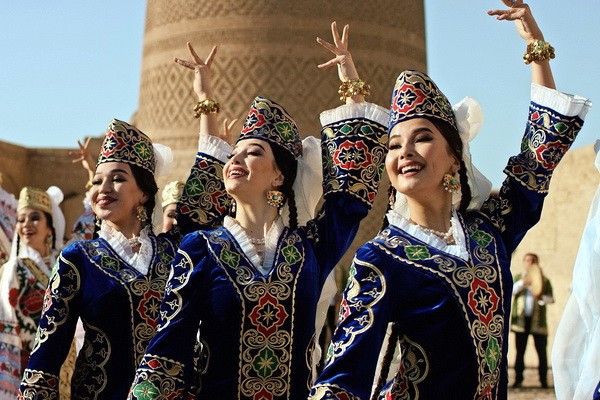
embracing the richness and variety of their cultural heritage
21. What common ethnical backgrounds and cultural traditions can serve as a basis for stronger ties between Iran and Uzbekistan?
Shared languages, customs, and historical connections can foster a sense of kinship and solidarity among the people of both nations.
22. How can recognizing and celebrating diversity and multiculturalism enhance the relationship between Iran and Uzbekistan?
By acknowledging and embracing the richness and variety of their cultural heritage, they can build a more inclusive and harmonious society.
23. What potentials exist for mutual growth and development in economic partnerships between Iran and Uzbekistan?
Their complementary resources, industries, and markets can create opportunities for trade, investment, and collaboration that benefit both nations.
24. What challenges may hinder the progress of political cooperation and regional stability between Iran and Uzbekistan?
Differences in interests, priorities, and ideologies may pose obstacles
to consensus and cooperation, requiring diplomatic efforts and compromise to overcome.
25. What opportunities can be seized through collaborative efforts in scientific research and technological innovation between Iran and Uzbekistan?
They can leverage their intellectual capital, research facilities, and funding sources to tackle common challenges and make advancements in areas of strategic importance.
26. What obligations must be fulfilled to promote religious freedom and tolerance in the relationship between Iran and Uzbekistan?
Both nations should uphold human rights, respect diversity, and
protect minority communities, ensuring that religious freedoms are safeguarded and respected.
27. What frameworks can be established to foster social cohesion and inclusivity within the societies of Iran and Uzbekistan?
They can promote civic engagement, cross-cultural dialogue, and community empowerment initiatives to strengthen social bonds and promote unity among their populations.
28. What requirements must be met to address the challenges of climate change, environmental degradation, and sustainable development in Iran and Uzbekistan?
Both countries should prioritize environmental protection, resource conservation, and sustainable practices in their policies and planning
to ensure a healthy and resilient future for their people.
29. What common backgrounds and historical legacies can serve as a solid foundation for building stronger relations between Iran and Uzbekistan in the field of art and culture?
Their shared influences, historical connections, and artistic traditions can inspire collaboration, innovation, and creativity in the arts and cultural expressions of both nations.
30. How can recognizing and respecting the diverse religious and ethnic identities of their populations create a more inclusive and tolerant society in Iran and Uzbekistan?
By acknowledging and celebrating the richness and heritage of their religious and ethnic diversity, they
can promote unity, understanding, and harmony among all communities, fostering a sense of belonging and shared purpose in their societies.
Dear Visitor; Please take a look at the list of 50 most visited websites in the world wide web: YouTube, Facebook, google, translate, gmail, weather, amazon, Instagram, cricbuzz, Hotmail, wordle, satta king, twitter, yahoo, yandex, sarkari result, Netflix, google maps, yahoo mail, roblox, whatsapp, NBA, BBC news, outlook, pinterest, flipkart, eBay, omegle, live score, tiktok, canva, ipl, premier league, hava durumu, ibomma, walmart, twitch, ikea, shein, linkedin, home depot, e devlet, lottery, snaptik, cricket, serie a, nfl, spotify, fox news, amazon prime; There is no book publishing related or project management website in this list. We are working hard to bring these important issues to the center of concentration of societies. Please introduce us via social media, share our website with others and help us to make our world a better place to live. Best Regards.




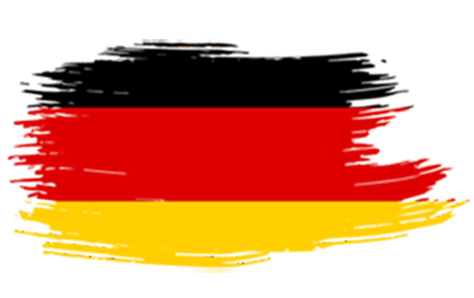
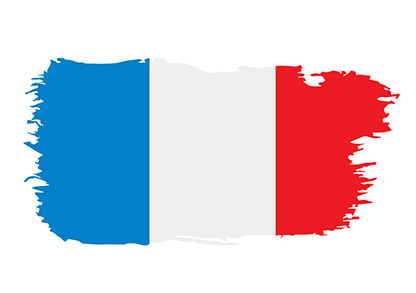
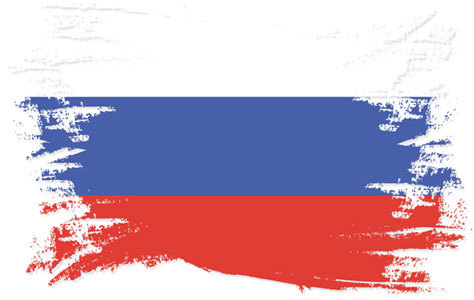

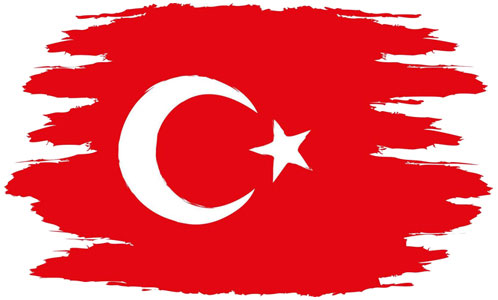

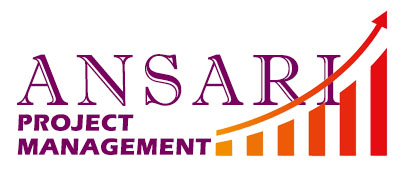

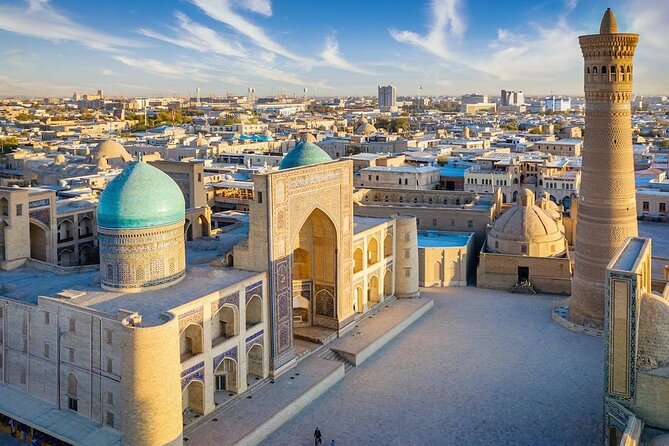
Write your review